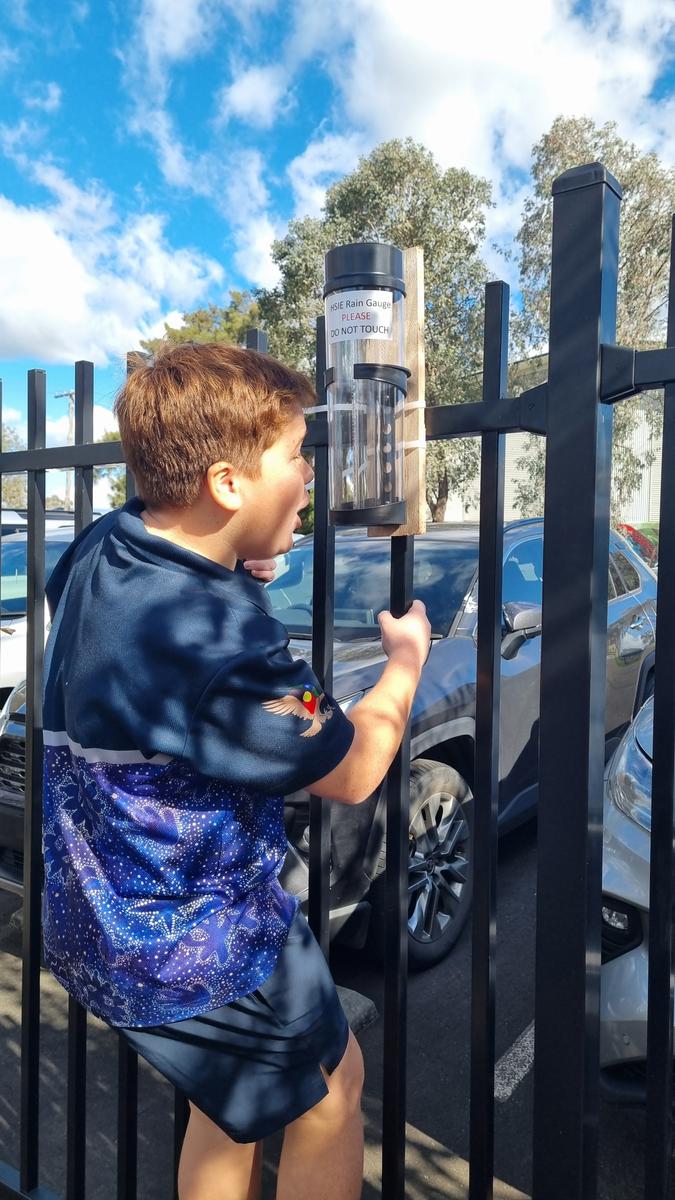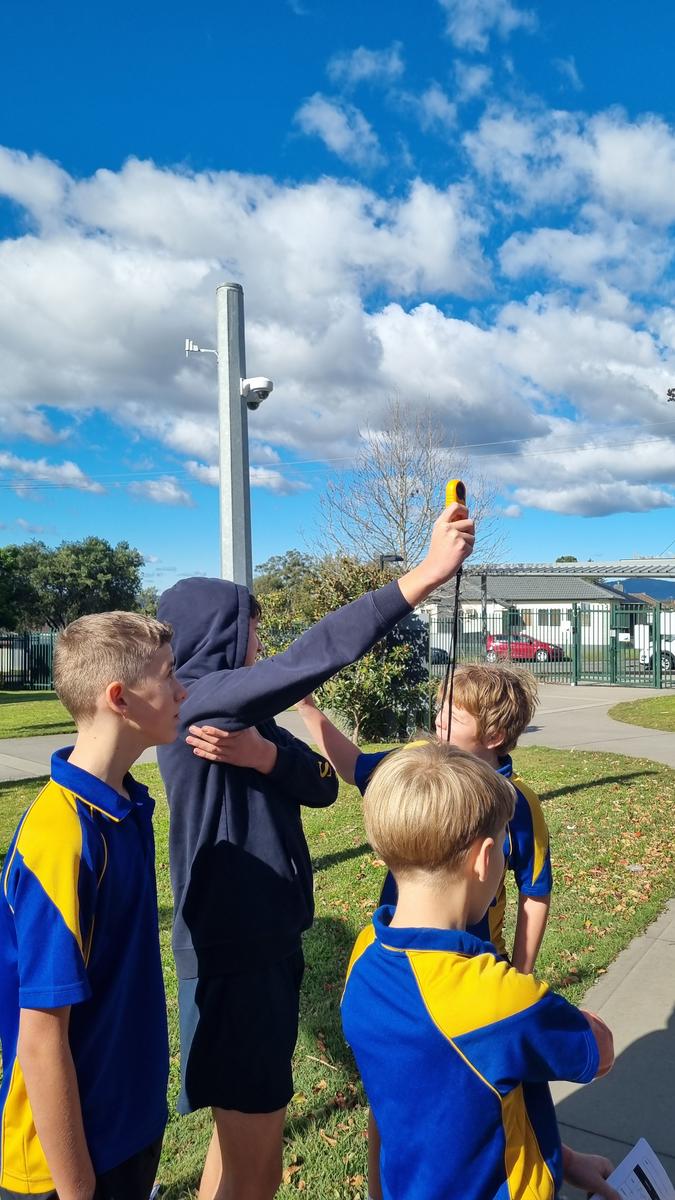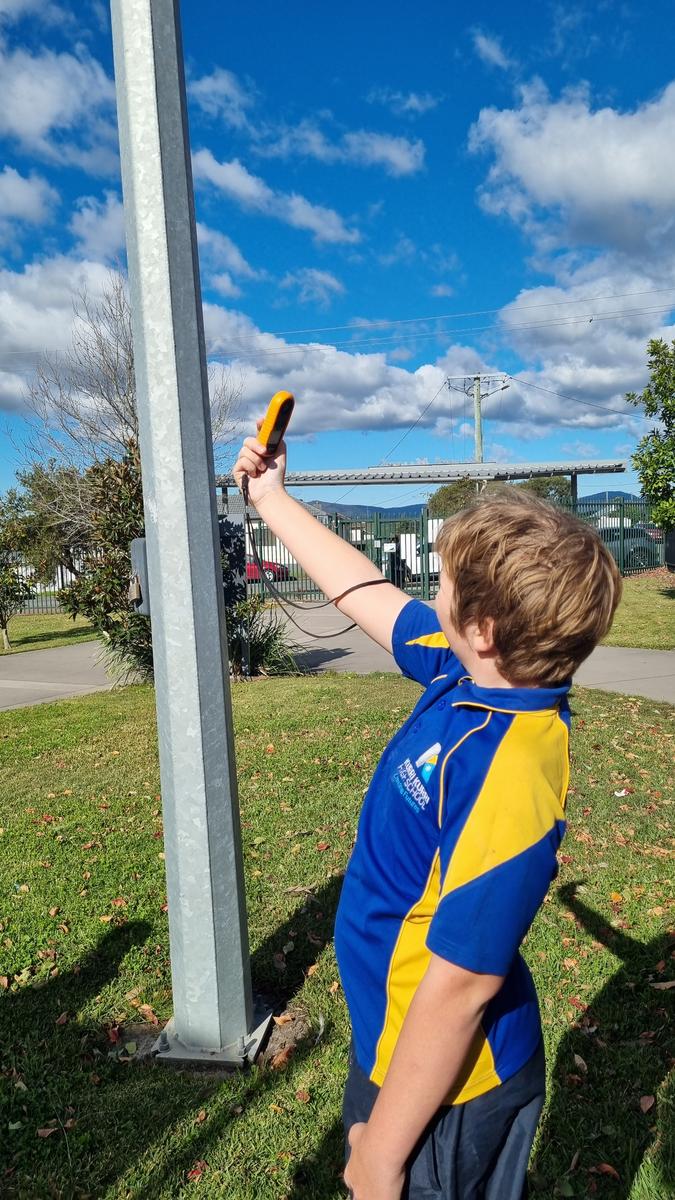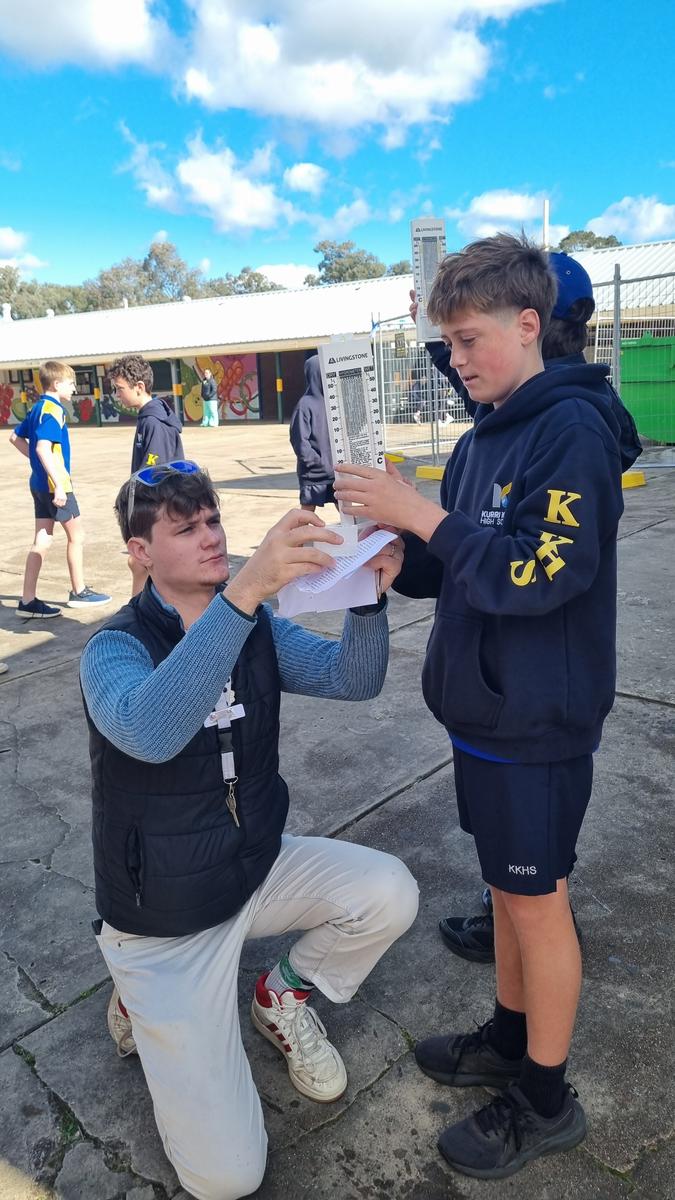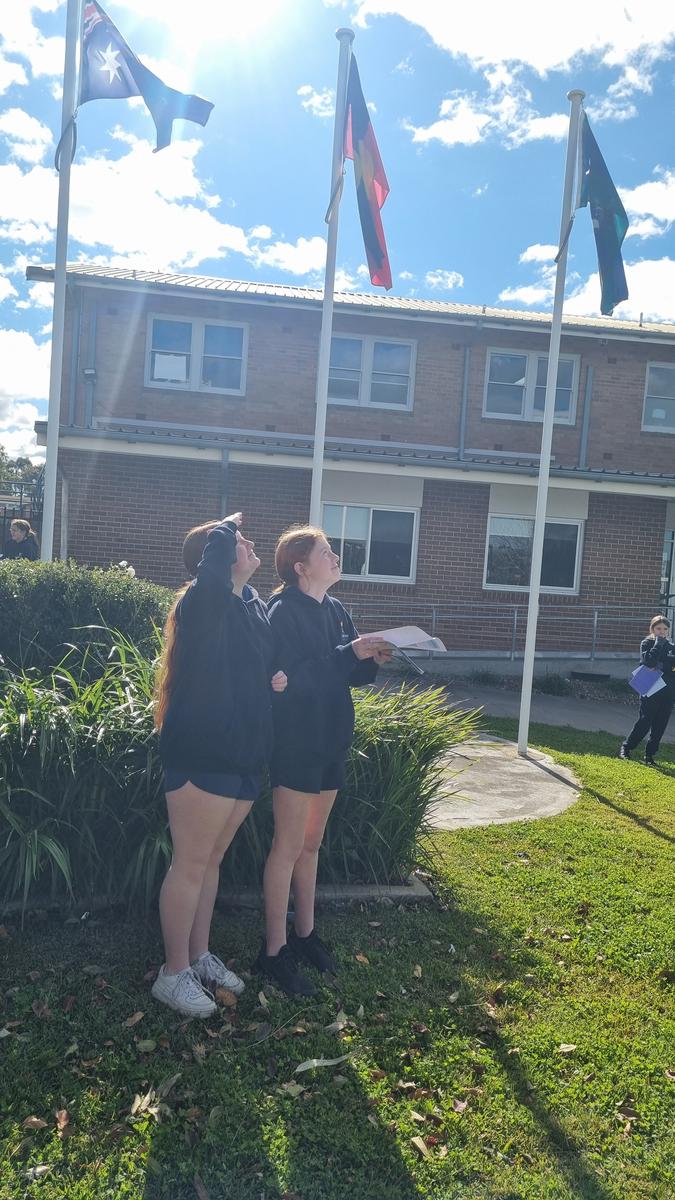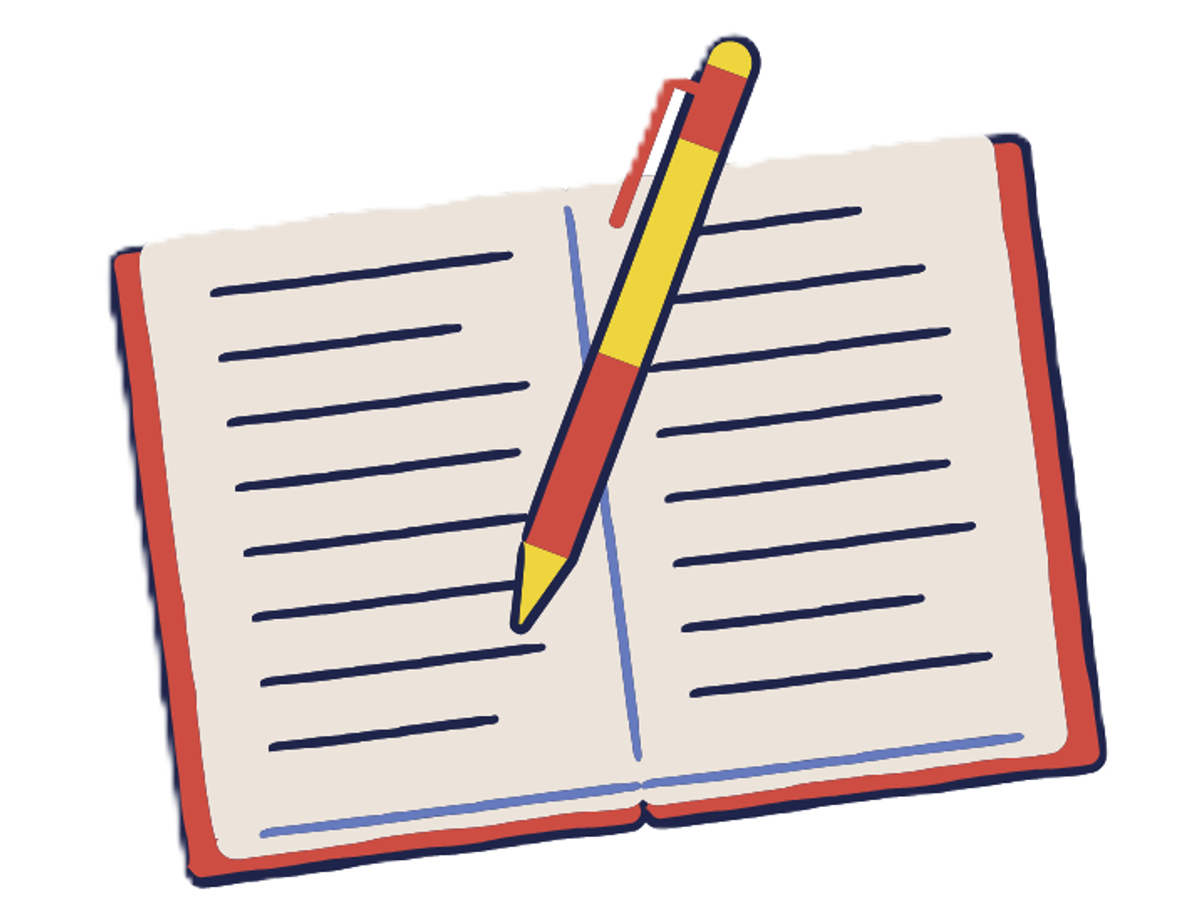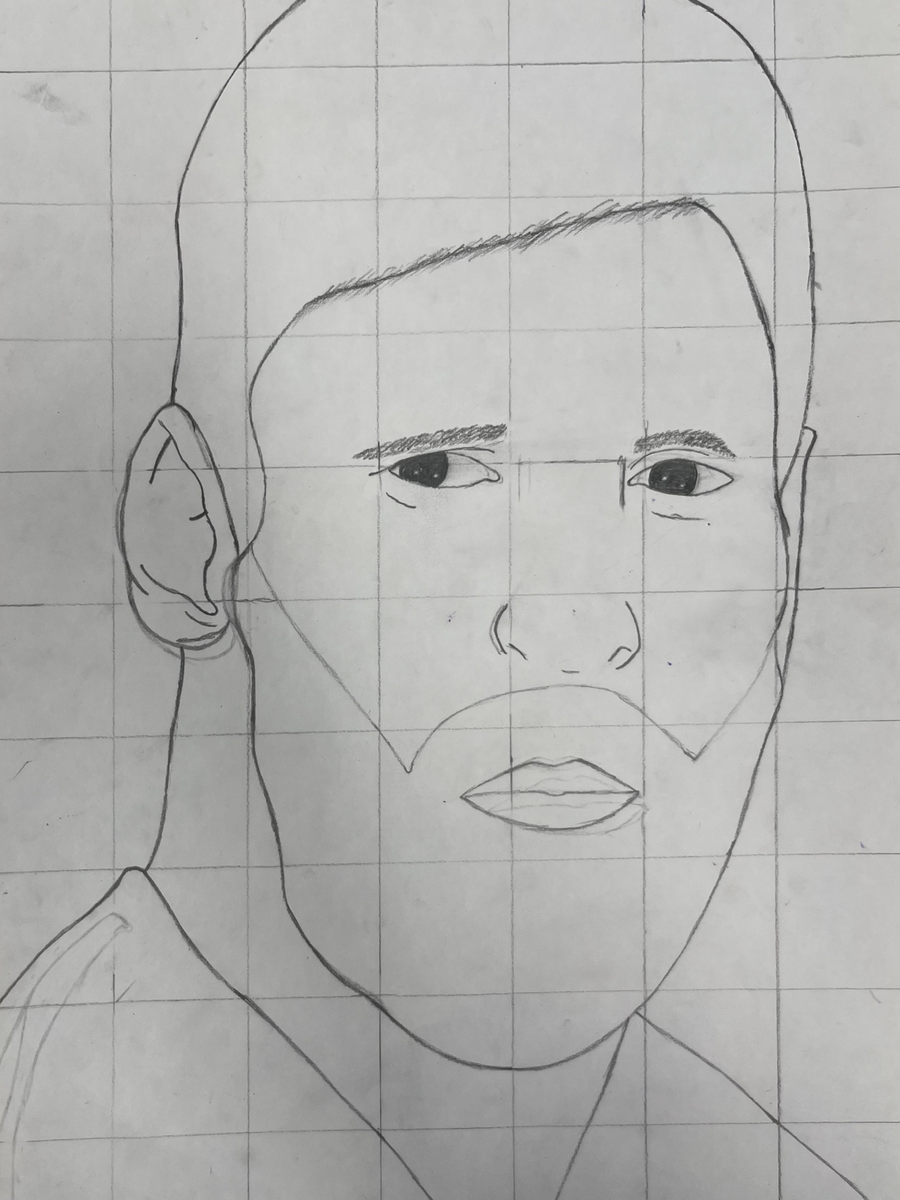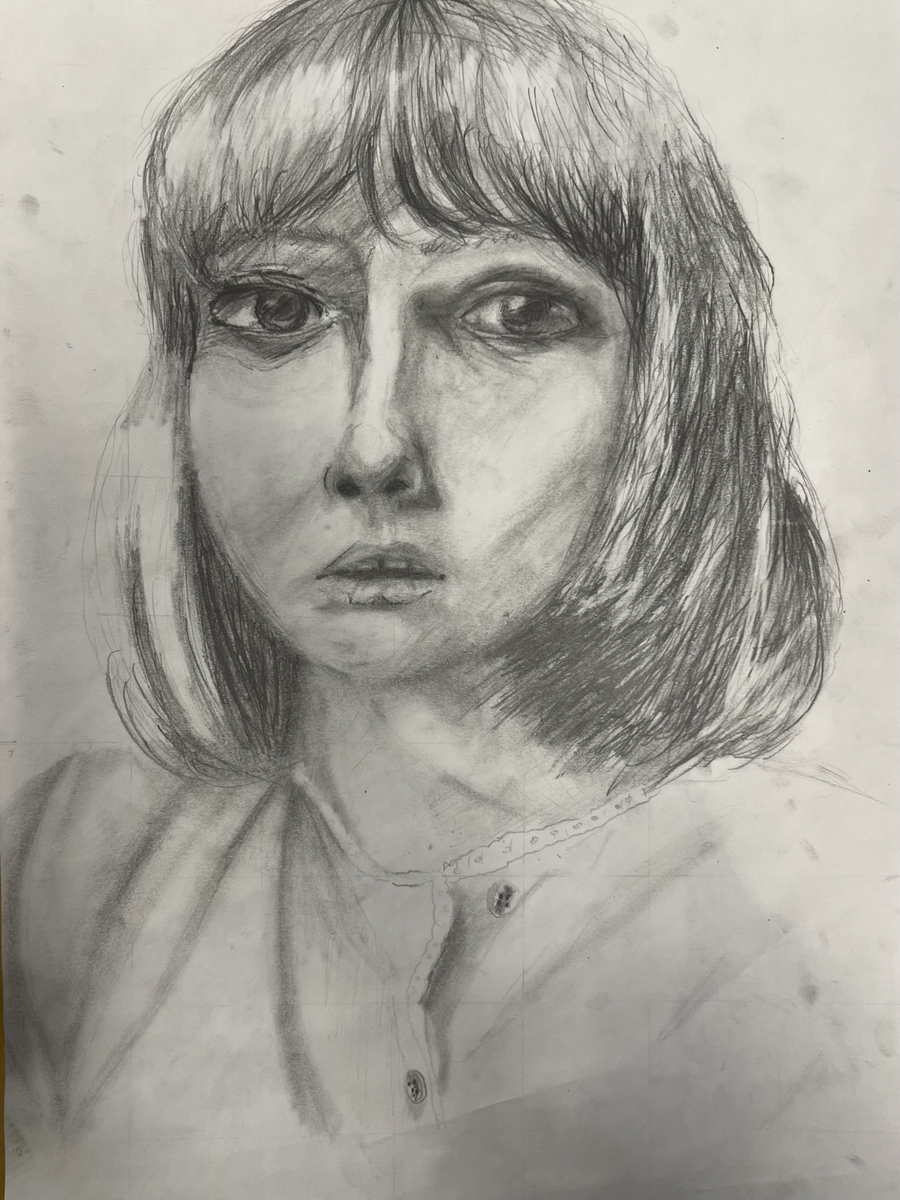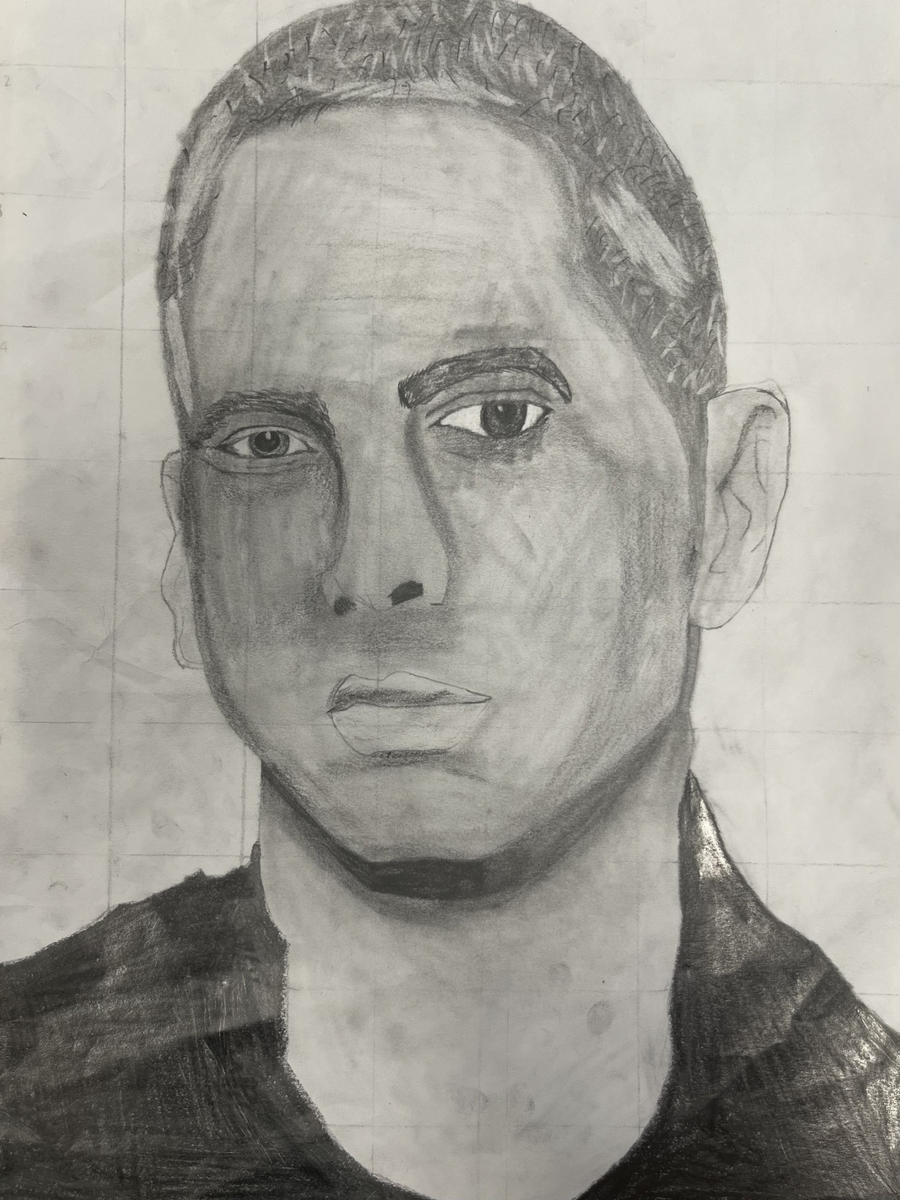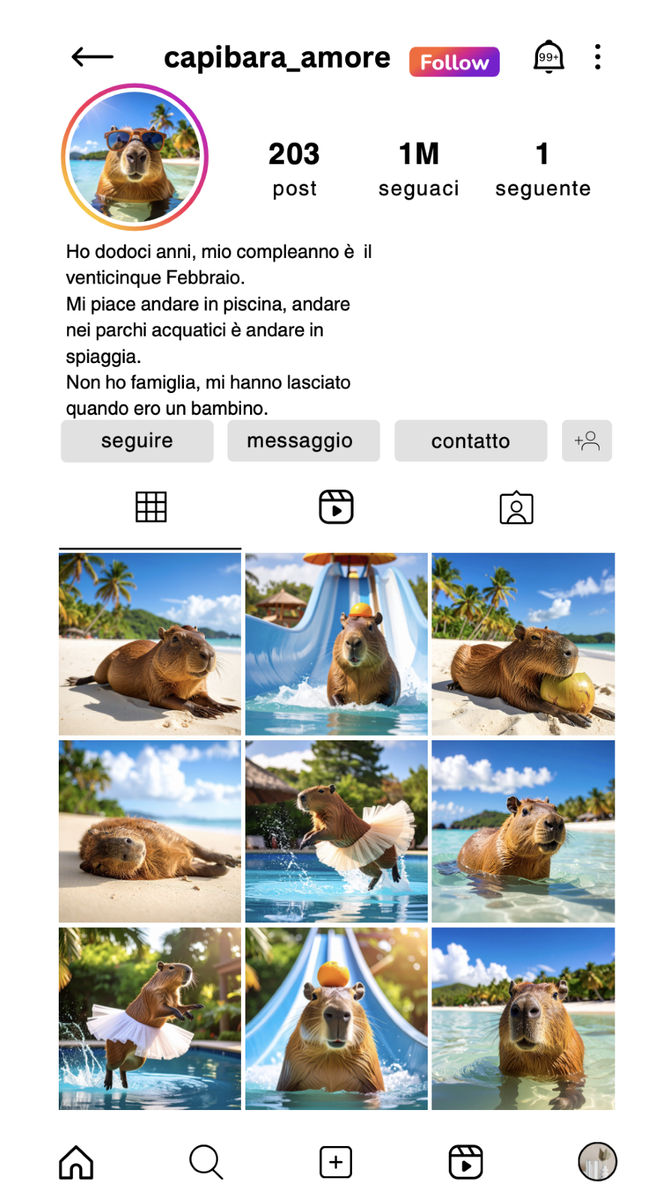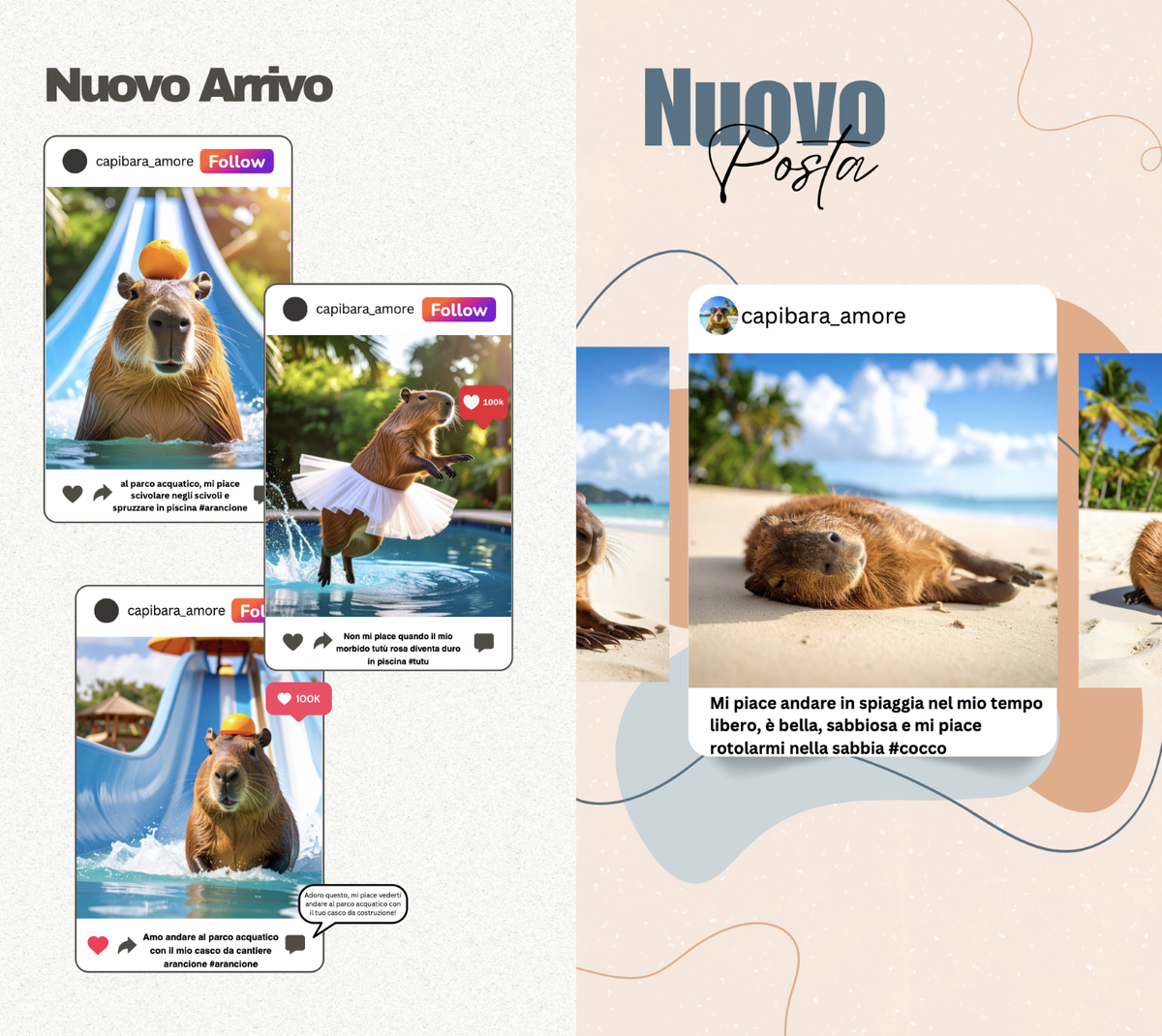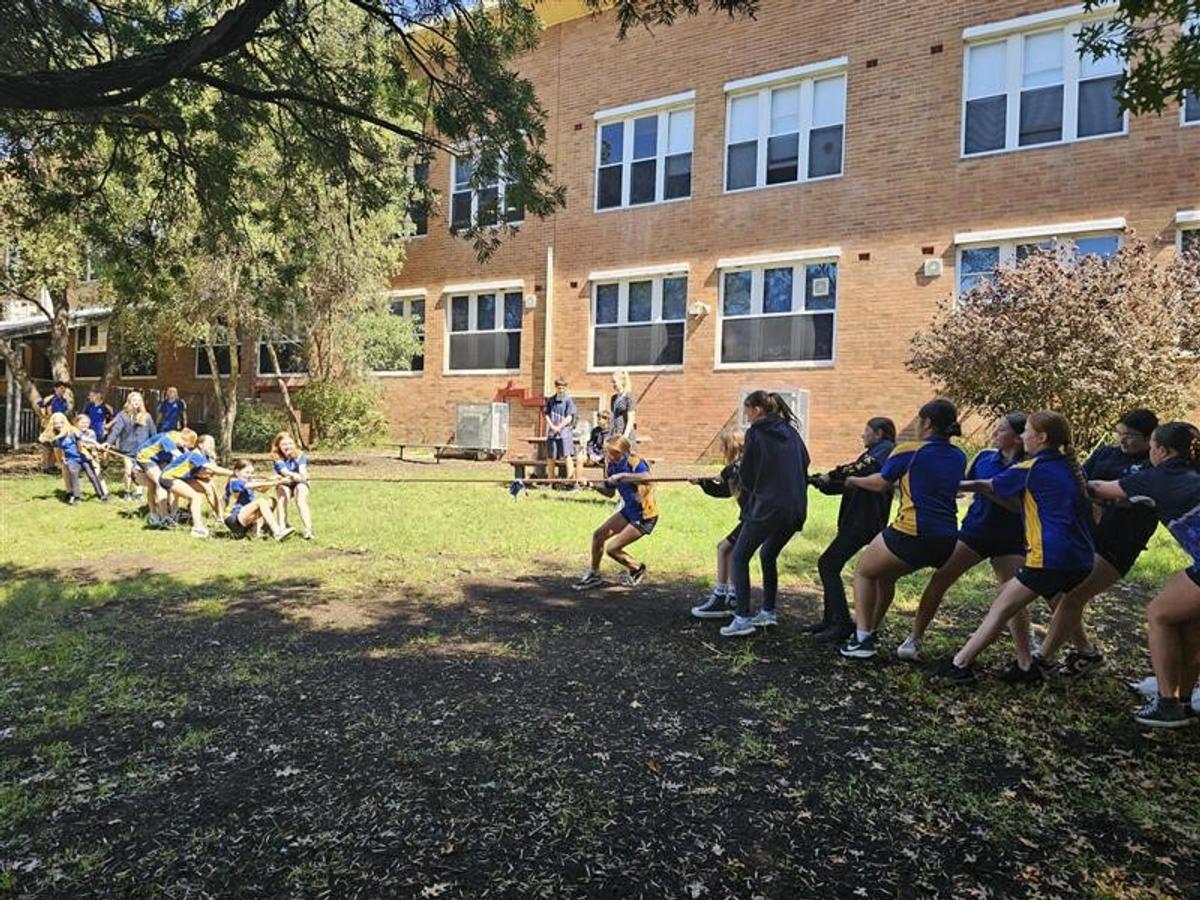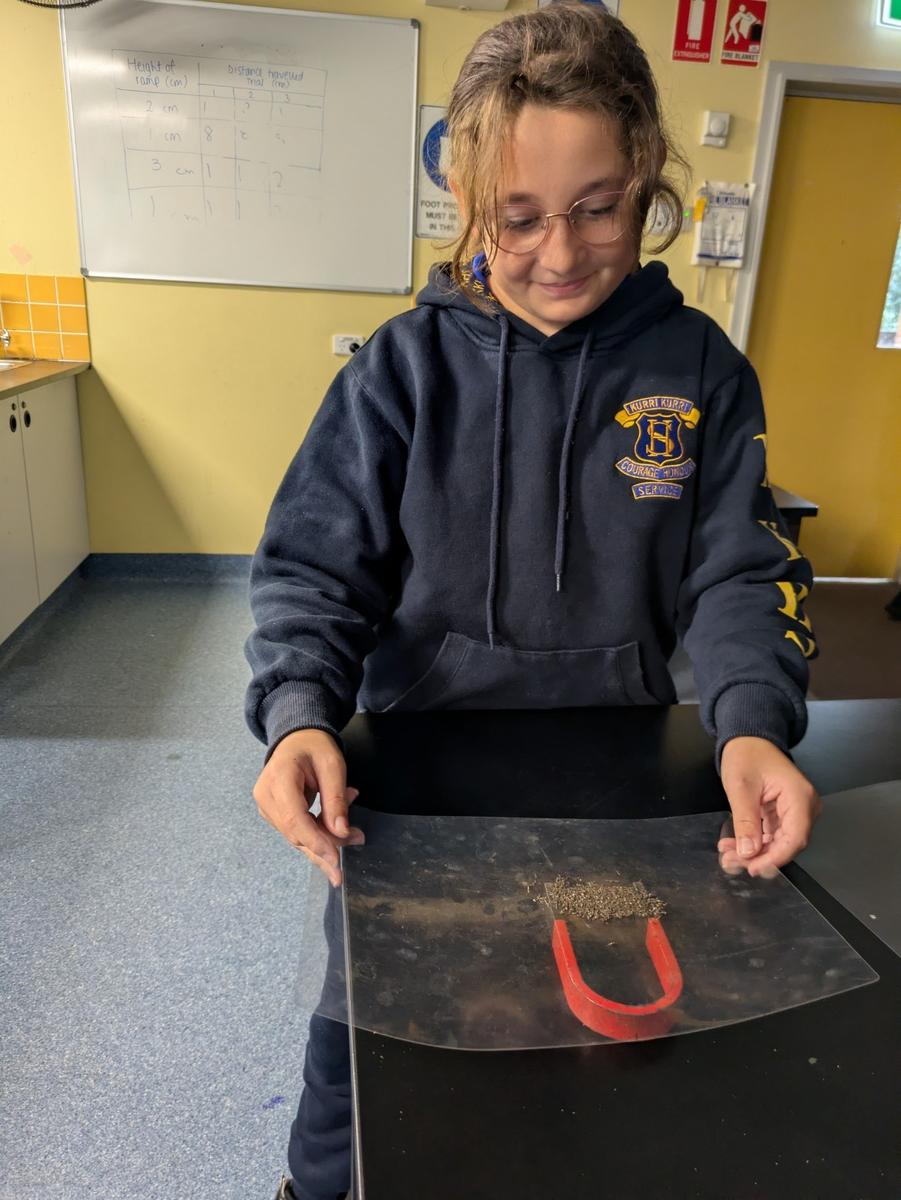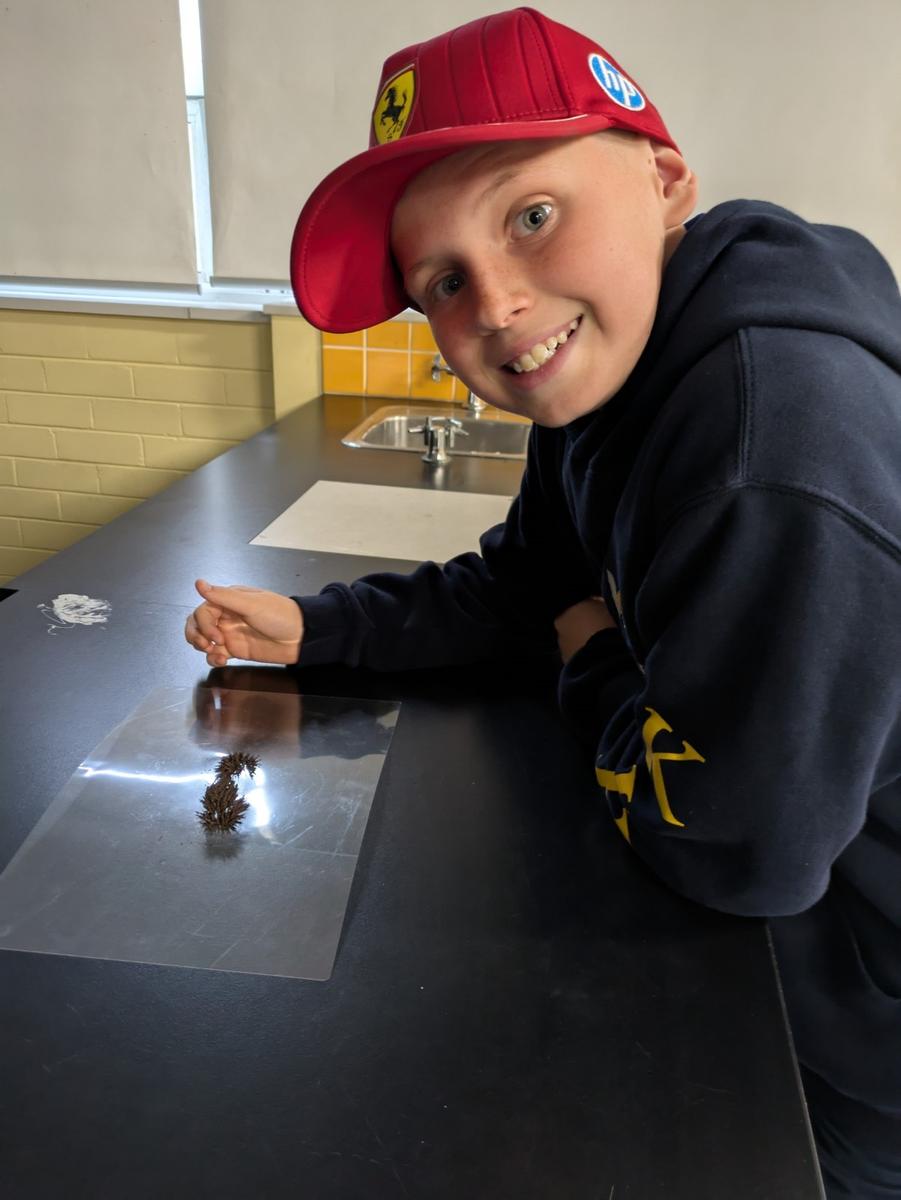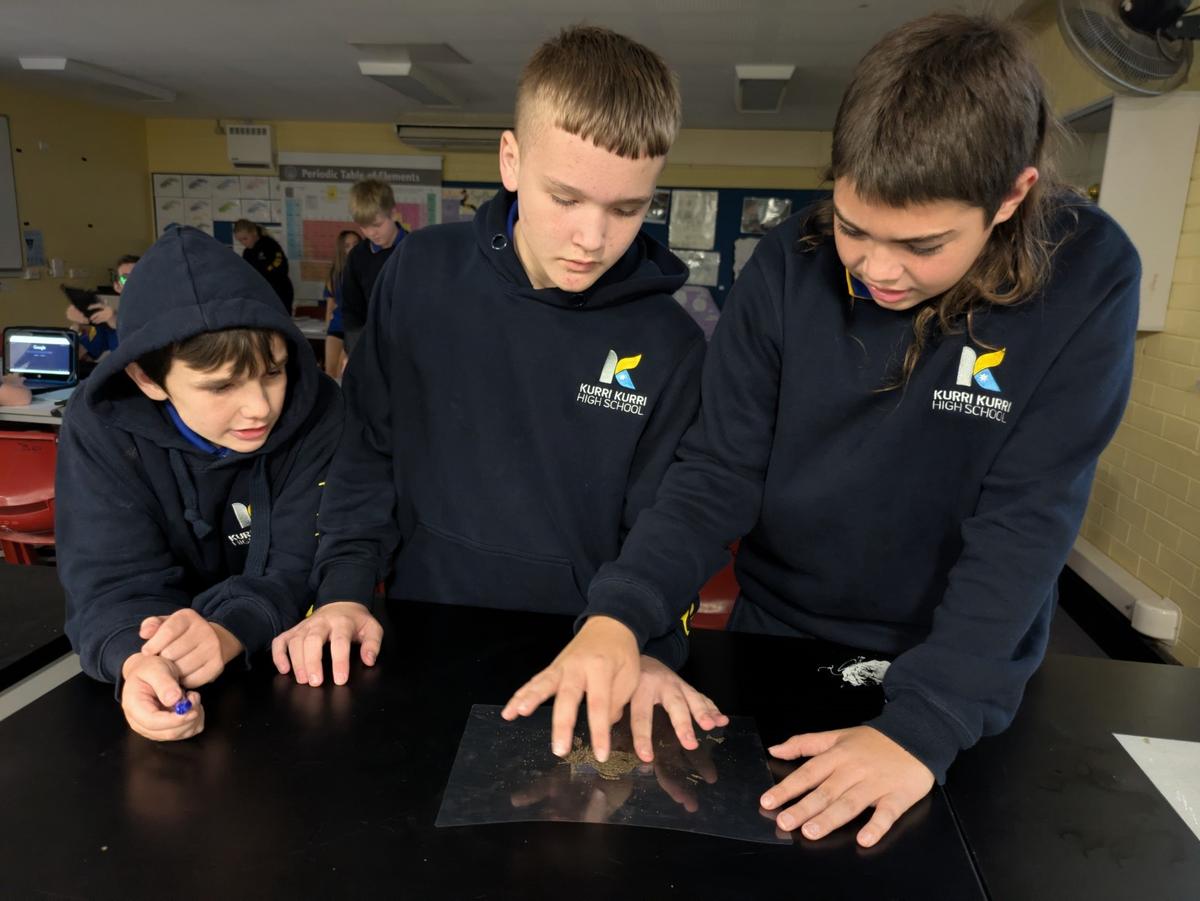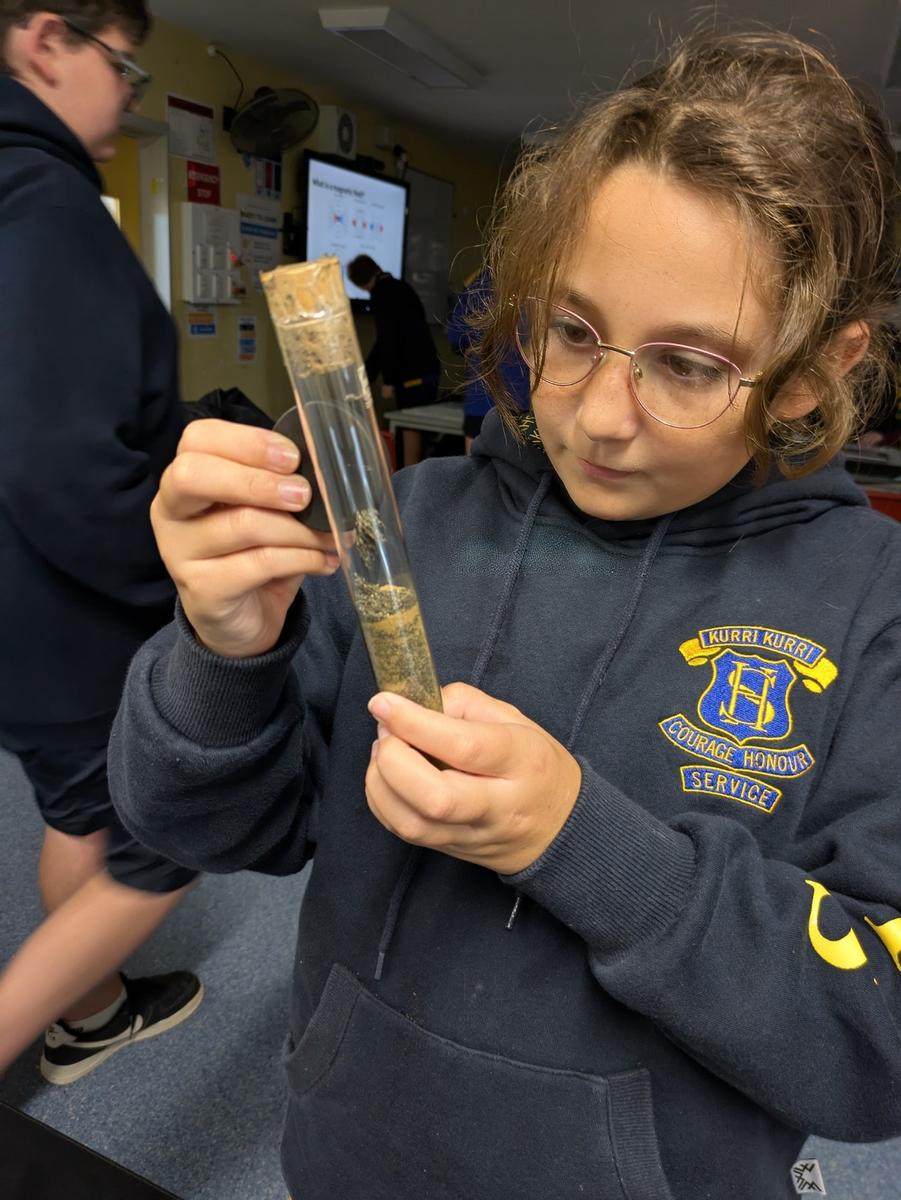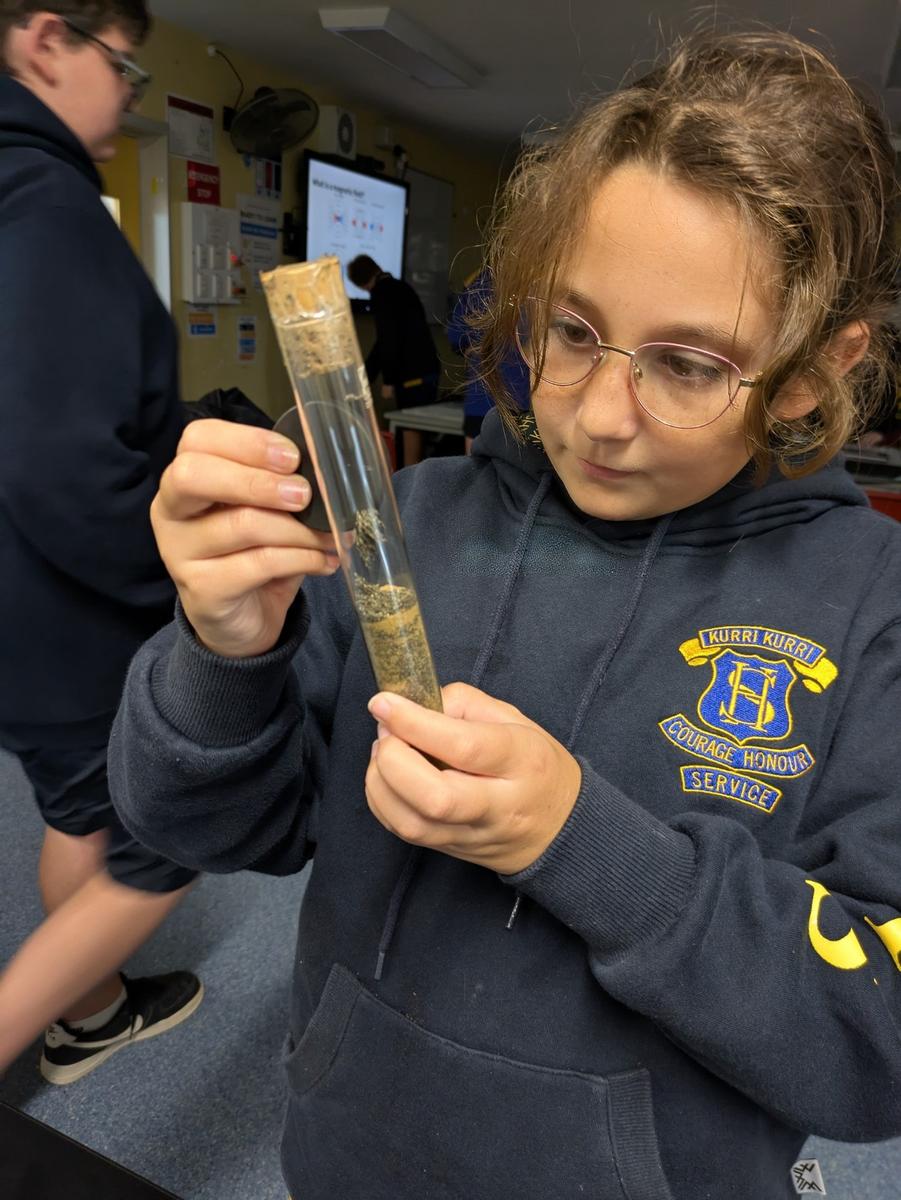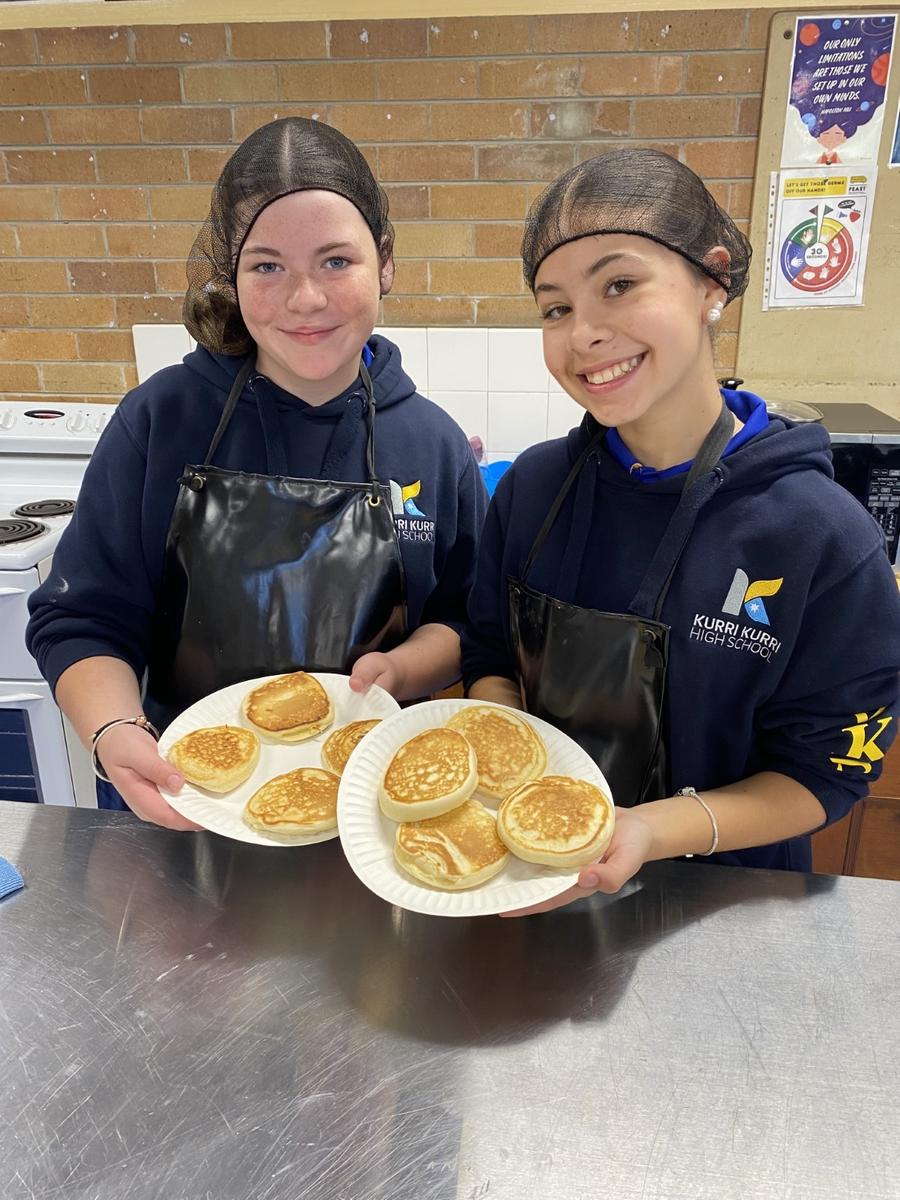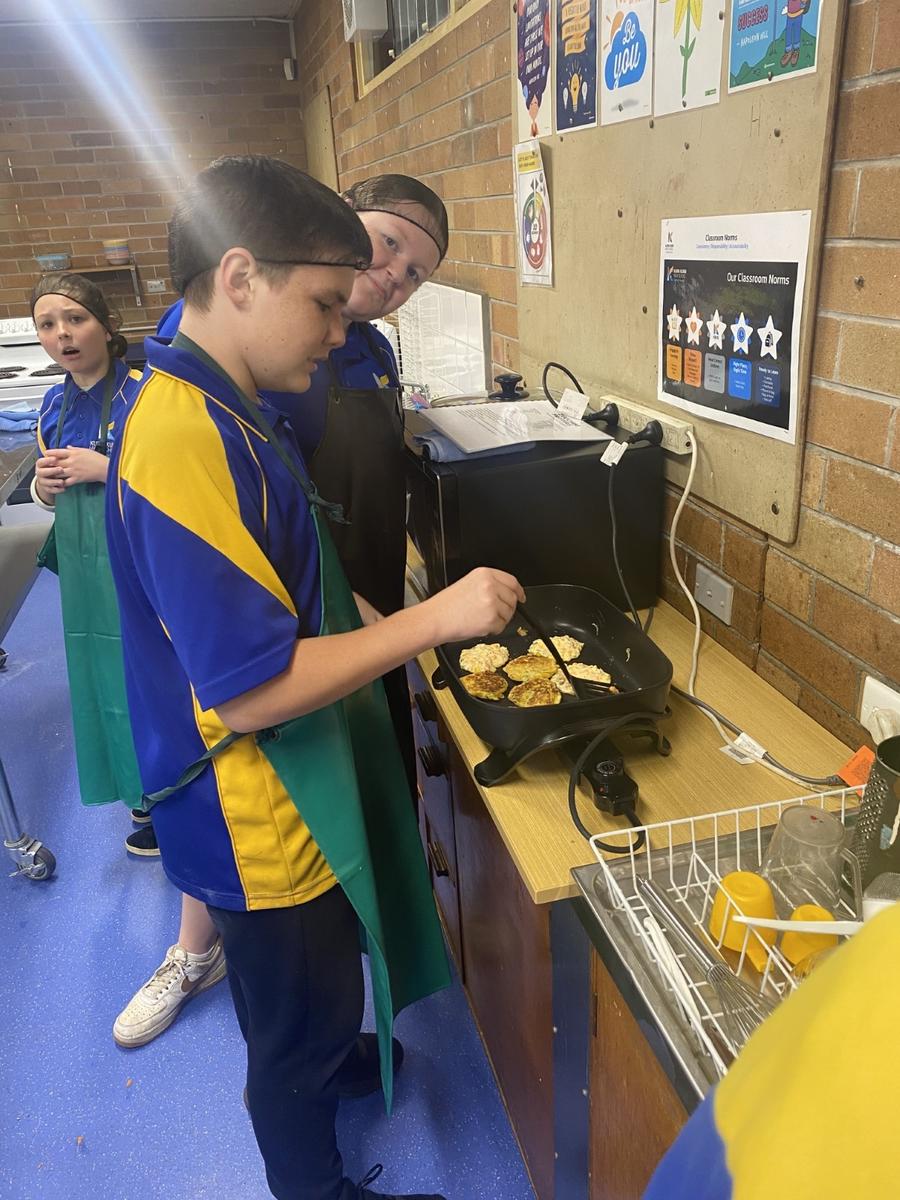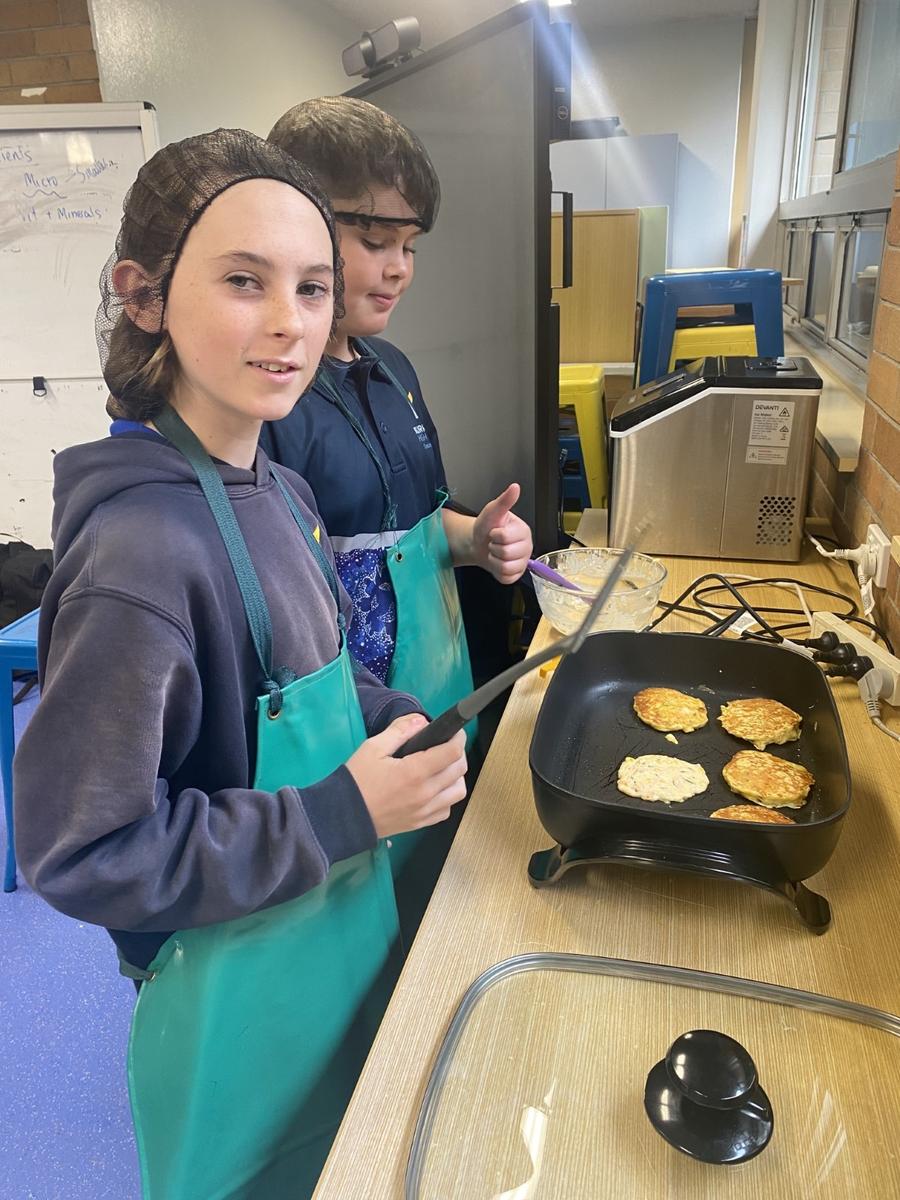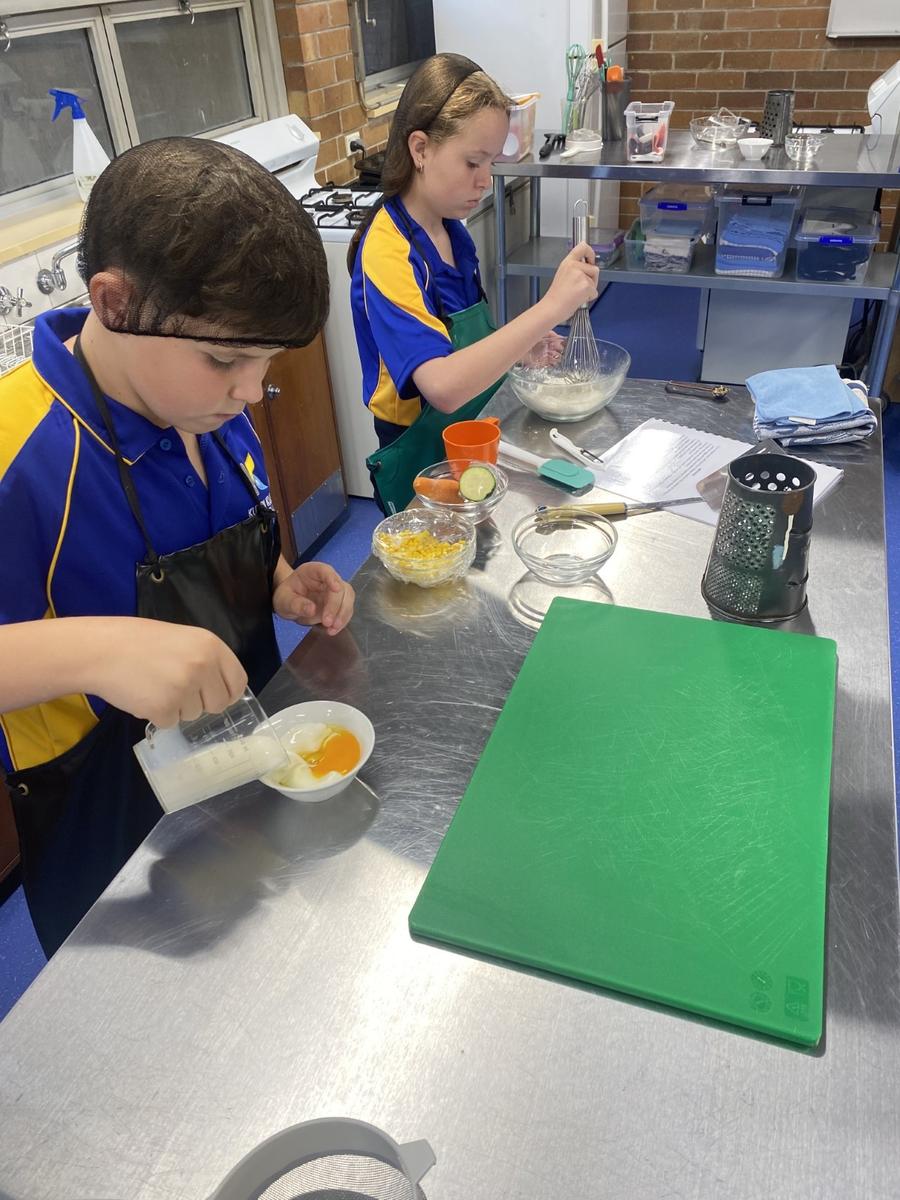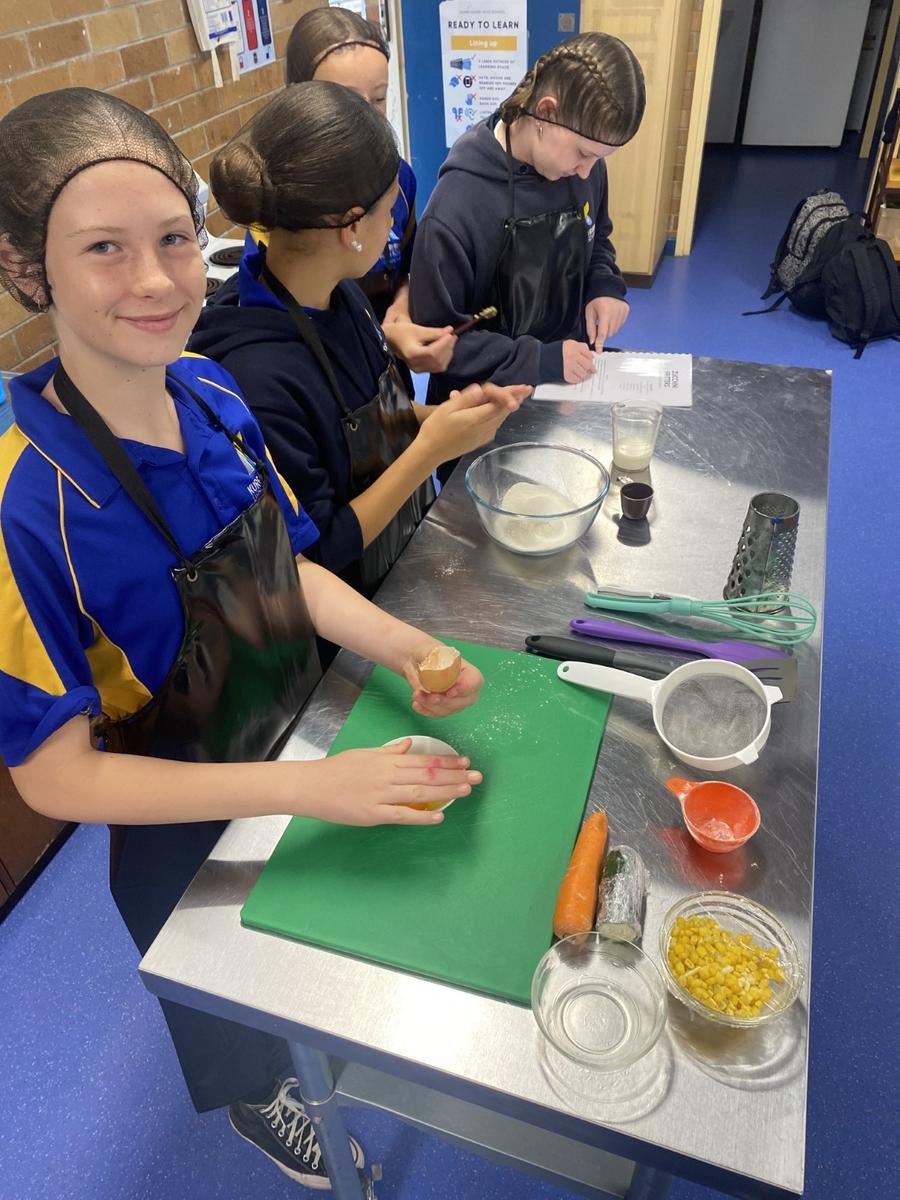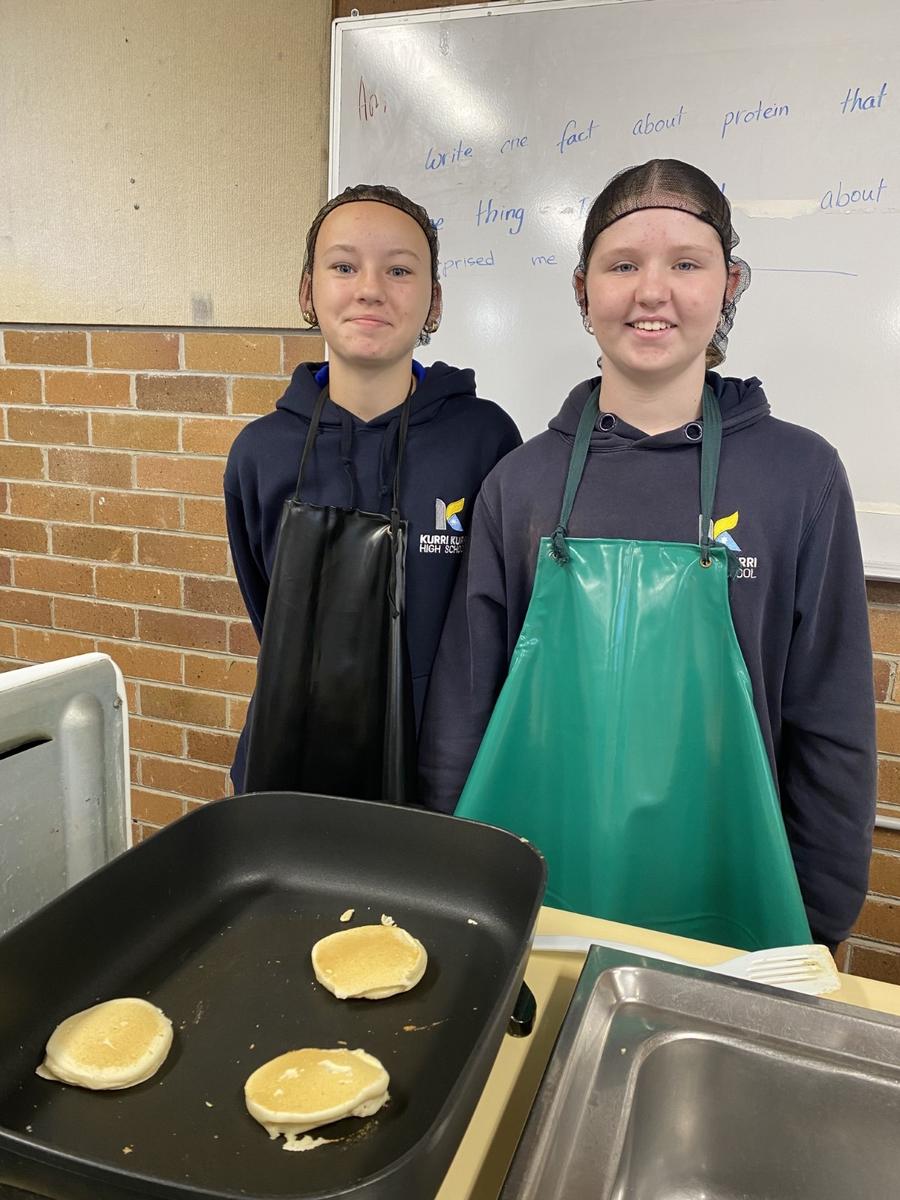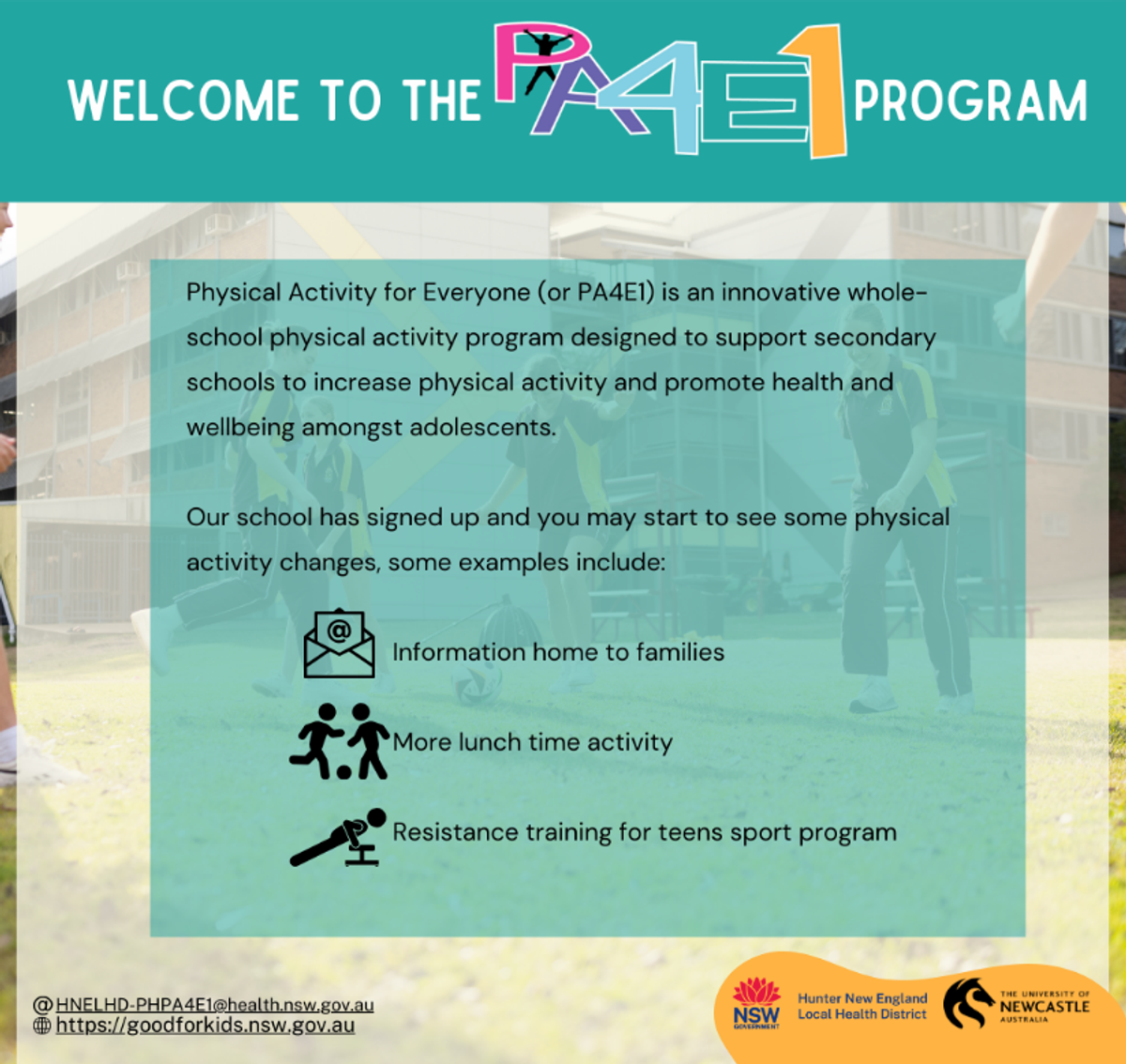STAGE 4

GEOGRAPHY
Our junior geographers have had a busy and exciting term exploring key geographical concepts through hands-on learning and real-world application.
Year 7 are diving into Water in the World by completing their own fieldwork investigation on the water cycle. Students are measuring elements such as temperature, rainfall and wind speed at school, then comparing their results with data from weather apps and live meteorological sources. They’ve also been observing cloud cover and learning how these atmospheric elements interact. This has helped them understand the links between weather patterns, the water cycle, and our daily lives—while also building foundational fieldwork skills.
Year 8 have just wrapped up a unit on Interconnections, where they examined how people, places and goods are connected across the globe. Students conducted independent research into how tourism impacts popular destinations such as Bali, Venice, and Uluru. They evaluated both positive economic contributions and negative environmental or cultural effects, helping them think critically about sustainability and global responsibility.
ENGLISH
Building Analytical Writing Skills
Students in Years 7 and 8 have been developing their analytical writing skills through focused short answer responses. They’ve been learning how to structure their ideas clearly and support their points with evidence from texts. Soon, they’ll be applying these skills to the study of speculative films and working towards crafting longer, more detailed essay responses. As they move into this next phase, students are encouraged to take their time with drafting, editing, and publishing their work—an important habit that supports deeper thinking and polished writing.
YEAR 8 VISUAL ARTS
The Archibald Prize
Year 8 students have been learning about The Archibald Prize, one of Australia’s most prestigious portrait competitions. Inspired by this, they selected someone they admire to depict in an artwork.
They learned how to use the grid method to create graphite portraits, focusing on realistic proportions and careful shading. They also wrote artist statements explaining who they depicted, why they chose them, and how they created their work.
LANGUAGES
YEAR 7 ITALIAN: Expressing Interests & Hobbies
This term, Year 7 Italian students have been developing their writing skills by learning how to express their interests, hobbies, and preferences in Italian. They’ve explored vocabulary related to sports, pastimes, and personal likes and dislikes, building confidence in constructing sentences and sharing more about themselves in another language.
As part of their learning, students have been working on their Social Media Profile assessment task, where they created a written profile in Italian to showcase what they enjoy and who they are. These were submitted this week, and students have done a fantastic job, demonstrating creativity, effort, and growing language skills.
Bravissimi, Year 7!
SCIENCE
Balanced and Unbalanced Forces
Year 7 recently turned science into a full-body workout with a fun and friendly tug-of-war experiment! Exploring the concepts of balanced and unbalanced forces, students from 7Numbat and 7Platypus went head-to-head in a tug-of-war showdown to determine which class had the mightiest pull. After some fierce but friendly competition, 7Platypus claimed victory and the title of “Strongest Class”… for now! Just when Year 7 thought it was all over, the big guns from 10Marine stepped in to challenge the younger students. But Year 7 was ready! With teamwork, determination, and a solid grasp of Newton’s laws, they pulled together (literally) and took the win! It was a brilliant way to combine fun with physics—and Year 7 walked away with stronger muscles and an even stronger understanding of forces.
Year 7 have also observed examples of non-contact forces this term. 7 Wallaby enjoyed exploring magnetic forces in a hands-on experiment with iron-filings. They got to visualise magnetic fields using a variety of magnet shapes.
TAS MANDATORY
Food & Agriculture - Cooking in action!
This term, our Year 7 and 8 students undertaking the Food and Agriculture focus area have been busy building their practical skills in the kitchen — with delicious results!
Students have prepared a range of tasty dishes including chocolate chip muffins, pikelets, zucchini fritters, and mini pizzas. Throughout these lessons, they have not only developed their cooking abilities but have also learned essential life skills such as teamwork, time management, and the safe and effective use of kitchen equipment.
The TAS faculty are incredibly proud of the enthusiasm and progress shown by our junior chefs and are excited to see what creations they will cook up next.
PDHPE
What is PA4E1?
Physical Activity for Everyone (PA4E1) is an innovative physical activity program for secondary schools. During childhood and adolescence there is a decline in physical activity. 2-4 It is recommended that children and young people do at least 60 minutes each day of moderate to vigorous physical activity that makes the heartbeat faster. More is better. At least 3 days per week, children and young people should incorporate vigorous activities and activities that strengthen muscle and bone in the 60 minutes. PA4E1 is an evidence-based whole-of-school program to support secondary students' health and well-being. Designed specifically for secondary schools, PA4E1 involves implementing 7 school physical activity (PA) practices that are proven to increase adolescent MVPA and overall health. The program is delivered as a collaborative effort between Hunter New England Population Health and the University of Newcastle. While the program emphasises the role of the PDHPE faculty, it also includes components designed to engage the whole of school community.
